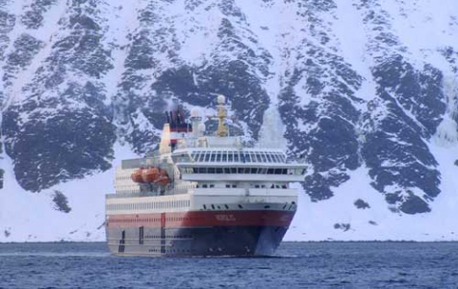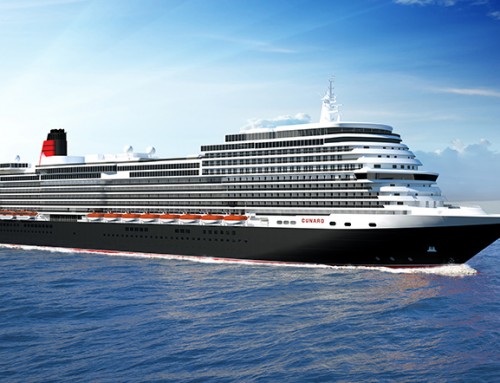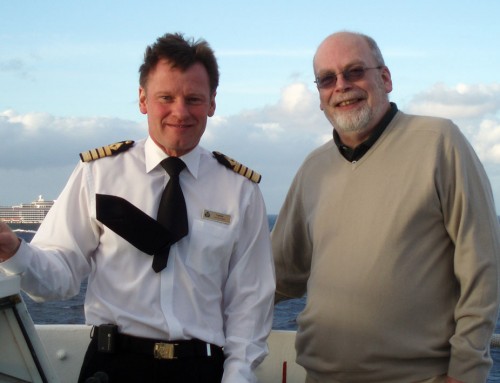 Regardless of the disturbing evidence being heard at the trial of mass murderer Anders Breivik and the gruesome fiction of writers such as Jo Nesbø, Norway is among the safest countries on earth for the visitor. The biggest risk is running out of money in a place where nothing less than a mortgage is required to purchase even the most modest of sandwiches washed down with a small glass of lager.
Regardless of the disturbing evidence being heard at the trial of mass murderer Anders Breivik and the gruesome fiction of writers such as Jo Nesbø, Norway is among the safest countries on earth for the visitor. The biggest risk is running out of money in a place where nothing less than a mortgage is required to purchase even the most modest of sandwiches washed down with a small glass of lager.
Yet prudent tourists checking the Foreign Office website for travel advice might think they had stumbled accidentally into an anarchic third-world state.
Despite being assured that the Norwegian crime rate is “relatively low”, visitors are advised that assaults against women are on the increase and travellers should avoid walking home alone through Oslo’s parks.
While there is sensible information about Norway’s strict laws on drug possession and drink-driving, warnings to motorists about the perils of the country’s narrow and winding roads seem to venture into the realm of the nanny state.
If this notification stretches credibility as far as a Norse myth, then the Foreign Office’s most recent advice to the 100,000 British cruise passengers who will visit Arctic Norway and other parts of the Polar region this year is even more ludicrous.
If it were limited to sensible suggestions about how to react in the event of a polar bear encounter it might be useful. Instead, it is a strange mixture of bizarre exaggeration and stating the obvious.
The “advice” reads: “If you are considering travel on a cruise in the Arctic, planning a holiday or a visit to this area, you should be aware that search and rescue capabilities are limited due to the large distances between populated areas. Currently, the combined search and rescue ship capacity may well be less than would be needed to cope with even one of the small cruise ships that frequent parts of the Arctic area.
“Search and rescue ships offer basic transport and basic medical care, but are not capable of advanced life-support. Air or medical evacuation could also take time. There are uncharted waters in some fjords, and water temperatures can be very low even during summer months. Emergency medical facilities may be limited in number, and in types of services offered.
“If you are thinking of such a trip, please consider these factors and check the operational records and relevant experience of captains and crews operating vessels in Arctic waters. We would also recommend that you consult respective countries’ Travel Advice.
“Consular assistance and support to British nationals in the Arctic will be affected by the capacity of National and Local Authorities. It is important that individuals travelling to the Arctic consult and make sure that they have adequate travel insurance and accessible funds to cover the cost of any medical treatment or potential repatriation.”
The advice was condemned as “completely out of order” by Paul Goldstein, of adventure company Exodus, who said: “We have never had clients involved in an incident involving either animals or ice in Spitsbergen. We are disappointed by the negative publicity this ridiculous warning will generate.”
The biggest operator in the region is Hurtigruten, who said: “We would not run operations in these waters if safety was not ensured. This goes both for on board safety and search and rescue capabilities in the waters we sail.
“We consider search and rescue arrangements in Arctic waters to be sufficient to run safe operations. We trust the relevant authorities to enforce an appropriate search and rescue level. Operations are regulated by both international and national laws. In addition we operate under the Norwegian special regulations which are even more strict on certain points.”
UK managing director Kathryn Beadle added: “People who visit these areas are well travelled and looking for new experiences. Any form of travel involves an element of risk and as long as passengers choose companies who can demonstrate a robust safety policy then we should not discourage such trips.”
Penny Guy, spokeswoman for the Passenger Shipping Association, said: “Many UK holidaymakers take cruises to areas such as the Arctic, Greenland and Iceland and have done so for many years.
“In the event of an incident, there are strict International Maritime Organisation regulations covering search and rescue, and distress and safety communications. Ships’ crews undergo rigorous and frequent scenario training to cover all possible ship incidents, including ship evacuation in all possible conditions.”
Perhaps the compiler of the Foreign Office statement was frightened as a child by tales of the mischief Norwegian trolls get up to after dark. Because the “advice” seems to fall into the same fairy story category.






Leave A Comment